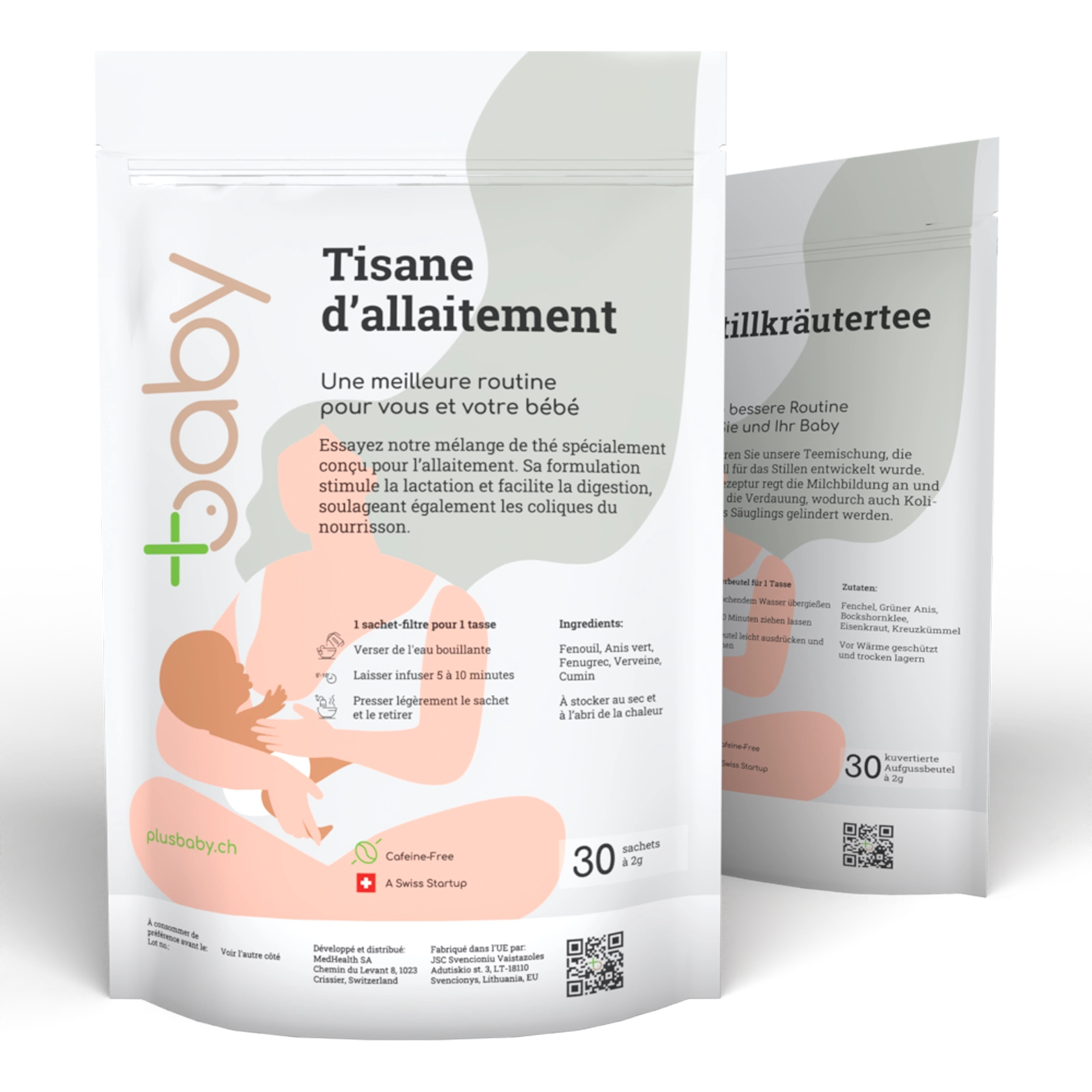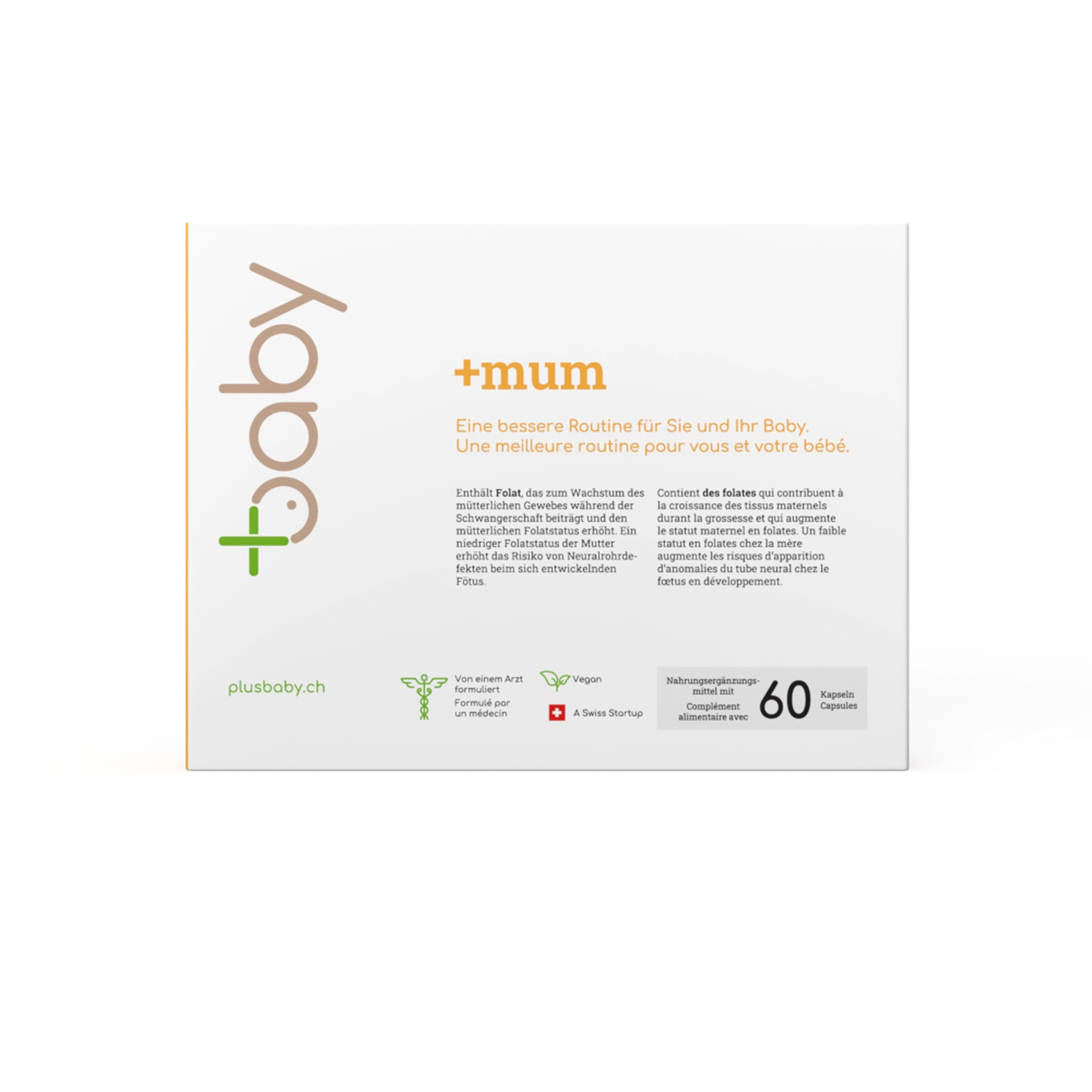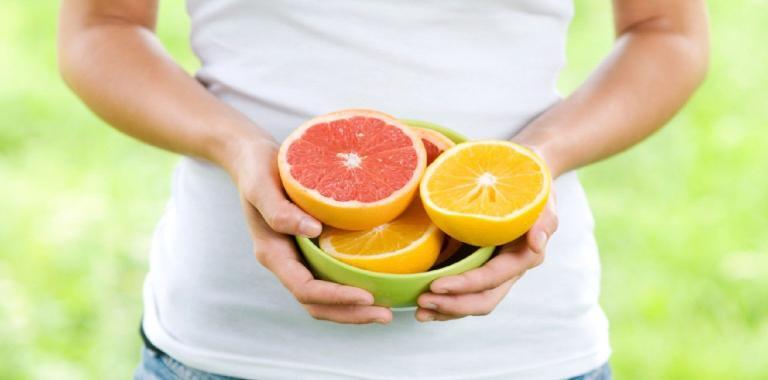When you’re breastfeeding or pregnant, every detail counts to ensure your baby’s health and well-being. Drinking certain beverages, such as teas or herbal teas, can have a positive influence on this crucial period. But how do you choose the best tea for breastfeeding? This article explores various options and their benefits for breastfeeding mums.
Caffeine and breastfeeding: How to choose the best tea for breastfeeding?
When it comes to drinking tea while breastfeeding, it is essential to understand the impact of caffeine, a component naturally present in many teas. Caffeine easily crosses the placental barrier and can also be found in breast milk, raising concerns about its effect on infants.
Effects of caffeine on infants
Although the amount of caffeine that passes into breast milk is relatively small-about 1% of the amount consumed by the mother-it can have noticeable effects on some infants. Babies can be particularly sensitive to caffeine because their immature systems cannot metabolise it effectively. This can lead to symptoms such as irritability, insomnia or excessive agitation. Mothers may find that their babies seem more agitated or have difficulty falling asleep after consuming caffeinated drinks.
Recommendations for caffeine consumption – an important point when choosing the best tea for breastfeeding
Health experts generally recommend that breastfeeding mothers limit their caffeine intake to around 200-300 milligrams per day, which is equivalent to around two to three cups of tea, depending on the type and strength of the infusion. Mothers are advised to monitor their baby’s reaction to caffeine and adjust their intake accordingly.
Low-caffeine or caffeine-free teas
For mothers who wish to avoid the effects of caffeine, there are several alternatives:
Rooibos tea
Completely caffeine-free, rooibos tea is an excellent alternative to traditional teas. Native to South Africa, this tea is rich in antioxidants and contains no caffeine, making it ideal for breastfeeding.
Herbal teas
Herbal teas, such as chamomile, lime blossom and lemon balm, contain no caffeine. They have relaxing and digestive properties that can benefit both mother and baby. Here is a list of herbal teas that avoid the effects of caffeine:
Chamomile: Known for its soothing properties, chamomile promotes relaxation and can help improve the quality of sleep for both mother and baby.
Linden: This plant is known for its calming properties and can help relieve anxiety and promote better sleep.
Lemon balm: Offering relaxing effects, lemon balm is also useful for digestion, which can be beneficial for breastfeeding mothers.
Verbena: With its light, lemony flavour, verbena is appreciated for its relaxing effects and its aid to digestion.
Rooibos: Although not technically a traditional herbal tea, rooibos is a caffeine-free alternative rich in antioxidants.
Fennel: Fennel is particularly valued for its galactogenic properties, helping to stimulate milk production.
Mint: Refreshing and soothing, mint is ideal for relieving digestive problems.
Thyme: Known for its antibacterial properties, thyme can also support the immune system.
Sage: Sage is often used for its digestive and relaxing properties.
Rosemary: Stimulating and aromatic, rosemary can also help improve concentration and general well-being.
Decaffeinated green and black tea
For those who prefer the traditional flavours of green or black tea, opting for decaffeinated versions can reduce caffeine intake while still allowing you to enjoy the antioxidant benefits of these teas.
Tips for reducing caffeine in tea
Brew for less time: The amount of caffeine in tea can be reduced by shortening the brewing time. A quick brew of 1 to 2 minutes can considerably reduce the caffeine content.
Choose quality leaves: High-quality teas often have a better flavour, allowing a shorter infusion while maintaining a rich taste profile.
How to choose the best tea for breastfeeding: The safety of tea during breastfeeding
The first concern when it comes to drinking tea while breastfeeding is safety. Some of the natural ingredients in tea can be transferred to the baby via breast milk. It is therefore essential to select teas that support your health without compromising that of your baby. Light teas such as fennel are reputed to be beneficial, as are certain types of chamomile. These teas not only help to relax, but also have a positive effect on milk production. So what are the factors to consider?
Chemical composition
Teas contain a variety of components, including caffeine, tannins and certain active ingredients that can influence an infant’s health. Caffeine, for example, although present in small quantities in breast milk, can affect a baby’s sleep and irritability. It is therefore advisable to limit consumption of caffeine-rich teas.
Tea quality and origin
The quality of tea is also fundamental. Non-organic teas may contain pesticide residues which, even in small quantities, are undesirable during breastfeeding. Opting for certified organic teas can help reduce exposure to these harmful substances.
Medicinal herbs
Some teas contain medicinal herbs that can have powerful effects. For example, herbs such as sage and parsley are known to reduce milk production and should be avoided during breastfeeding. It is essential to find out more about each herb used in teas to understand its potential effects on lactation and infant health.
Recommendations for safe consumption
Moderation: Even generally safe teas should be consumed in moderation. Limiting consumption to 1-3 cups a day will minimise the baby’s exposure to caffeine and other active ingredients.
Monitoring reactions: Observe your baby’s reactions to the introduction of new teas into your diet. Any signs of irritability, sleep disturbance or allergic reaction should be taken seriously and may require adjustment of your tea intake.
Correct preparation: Follow the preparation instructions for each type of tea. Over-brewing may increase the concentration of caffeine and other compounds, while under-brewing may reduce the expected benefits.
How to choose the best tea for breastfeeding – our advice
For breastfeeding mothers, choosing the right type of tea can have a positive impact on their breastfeeding experience as well as on their general health and that of their baby. Here are some safe and beneficial options that have been researched and recommended by health experts.
Recommended teas for breastfeeding – Choosing the best tea for breastfeeding
Fennel tea: Fennel is widely recognised for its galactogenic properties, which help to increase milk production. In addition to its effects on lactation, fennel can help soothe digestion and reduce colic in babies, making it a popular choice among breastfeeding mothers.
Raspberry Leaf Tea: Traditionally used to strengthen the uterus during pregnancy, raspberry leaf tea is also beneficial after childbirth. It is known to help tone the uterus and support better lactation, thanks to its vitamins and minerals that nourish the mother’s body.
Rooibos tea: Caffeine-free and rich in antioxidants, rooibos is an excellent choice for breastfeeding mothers. It’s safe, hydrating and can help improve the mother’s overall health without any risk of stimulating effects.
The latest medical research on how to choose the best tea for breastfeeding
Medical research has continued to explore the effects of teas and herbal teas on breastfeeding. Numerous studies have highlighted not only the safety of certain herbal teas during breastfeeding, but also their potential benefits for increasing milk production and improving digestive health for both mother and baby.
Study on Fennel and Lactation
A published study examined the effectiveness of fennel as a galactagogue, i.e. a substance that increases milk production. The results showed a significant increase in milk production in mothers who regularly consumed fennel tea compared with those who did not.
Raspberry Leaf Study
Another relevant study explores the effects of raspberry leaves on postpartum health and lactation. This research revealed that raspberry leaves can help tone the uterus and support faster recovery, which indirectly promotes better lactation.
Nutritional roles and benefits of teas and their importance in choosing the best tea for breastfeeding
Breastfeeding is a time when nutrition plays a crucial role, not only for the baby’s health but also for that of the mother. Teas and herbal teas, when carefully selected, can offer substantial nutritional benefits that support breastfeeding and overall health.
Vitamin and Mineral content
Raspberry Leaf Tea: Rich in B vitamins, vitamin C, potassium, magnesium and iron, raspberry leaf tea is particularly beneficial during and after pregnancy. These nutrients support immune health and blood production, essential for a mother recovering after childbirth.
Rooibos tea: Rooibos is prized for its high antioxidant content, particularly aspalathin, which helps fight free radicals in the body. It is also a good source of calcium and magnesium, essential for the development of the baby’s bones and the mother’s muscle recovery.
Digestive support
Teas and herbal teas can also play an important role in aiding digestion, which is crucial for breastfeeding mothers who need to maintain a healthy, regulated diet.
Mint tea: Mint is renowned for its digestive properties, helping to relieve symptoms of bloating and gas. It is also useful for soothing the stomachs of babies who may suffer from colic.
Chamomile tea: Chamomile is often used for its calming effects on the digestive system, reducing inflammation and helping to treat insomnia in mothers and babies, thanks to its mildly sedative properties.
Galactogenic properties
Some teas contain active ingredients that can stimulate milk production, which is essential for breastfeeding mothers.
Fennel tea: Fennel is widely recognised for its galactogenic properties. Fennel’s active ingredients, such as anethole, stimulate milk secretion, while helping to regulate hormones.
Green Anise Tea: Green anise is another plant that can promote lactation thanks to its oestrogen-like effects, increasing milk production in breast-feeding mothers.
Inflammation Reduction and Immune Support
Drinking antioxidant-rich teas can also help reduce inflammation in the body and support the immune system, which is vital for a mother to stay healthy for her baby.
Green Tea: Green tea, even the decaffeinated version, contains a high concentration of catechins, powerful antioxidants that help fight inflammation and improve immune response.
Reducing Stress and Improving Emotional Wellbeing
Lemon balm tea: Lemon balm is known for its calming and relaxing properties, making it an ideal choice for breastfeeding mothers who may experience higher levels of stress. By reducing stress, lemon balm can help improve the quality of breast milk and promote a more soothing environment for the baby.
Verbena tea: Verbena is also valued for its calming effect on the nervous system. It is often used to relieve anxiety and promote better sleep, which is crucial for mothers who need to recover between feeds.
Post-Partum Recovery Support
Raspberry leaftea: Not only is raspberry leaf tea useful during pregnancy to prepare the uterus for childbirth, it is also beneficial after the birth. It helps to tone the uterus and reduce post-partum bleeding, making recovery easier for the mother.
Nettle tea: Rich in iron, vitamins A, C, K and calcium, nettle tea can help combat post-partum fatigue and replenish essential nutrients in the mother. Nettle is often recommended to boost vital energy and support general recovery after childbirth.
By incorporating these teas into their daily diet, breastfeeding mothers can not only improve their own health, but also enrich the quality of their milk, which is beneficial for their baby’s growth and development. Choosing the right infusions, taking into account the effects of each plant and their compatibility with breastfeeding, is essential to maximise the benefits while minimising the risks.
The importance of varying herbal teas
Although some herbal teas are beneficial, it is wise to vary the types consumed to avoid over-consumption of a specific ingredient. When choosing the best tea for breastfeeding, it’s important to alternate between different herbs and flavours. Not only will you minimise the risk of accidental overindulgence, but you’ll also benefit from a wide range of essential vitamins and minerals. Including fruit teas such as rosehip berry tea, which is rich in vitamin C, could be an excellent alternative for diversifying your intake of fibre and other important nutrients.
How do I choose the best tea for breastfeeding?
Choosing the right tea or herbal tea for breastfeeding is not just a matter of personal taste; it also involves taking into account the overall health and well-being of both mother and baby. With a variety of options available, from traditional fennel to mineral-enriched herbal teas, mothers can find solutions tailored to their specific needs while enjoying a relaxing and nutritious drink.
Breast-feeding is a delicate period that requires mothers to take particular care of their health and that of their baby. Choosing the best tea for breastfeeding is not just a matter of personal preference, but also a decision that can have important implications for the health and well-being of both mother and baby. By judiciously incorporating teas and herbal teas into their daily routine, breastfeeding mothers can reap many benefits while minimising potential risks.
Firstly, it is crucial to consider the safety of the teas consumed. Opting for caffeine-free or low-caffeine infusions such as rooibos or herbal teas made with camomile and fennel can help avoid the stimulating effects of caffeine on the baby. What’s more, selecting organic teas reduces exposure to pesticides and chemicals that might otherwise end up in breast milk.
Secondly, nutrition plays a key role. Teas such as those made from raspberry leaf or nettle provide essential vitamins and minerals that support post-partum recovery and strengthen the mother’s immune system. These elements are essential for maintaining good overall health and ensuring quality milk production.
Thirdly, some teas have galactogenic properties, meaning they can stimulate milk production. Teas such as fennel and green aniseed are particularly popular for these properties, offering natural support to mothers who may be struggling with lactation.
Fourthly, the choice of tea can also influence a mother’s emotional well-being. Soothing herbal teas based on lemon balm or verbena can help manage stress and improve sleep, crucial aspects of general well-being during this demanding period.
Finally, it’s advisable to vary the teas you consume to avoid over-consumption of a specific herb, which could have unexpected side-effects. By alternating between different herbs and flavours, mothers can enjoy a wide range of benefits while minimising the risk of undesirable cumulative effects.
To answer the question “How do I choose the best tea for breastfeeding?“, it is essential for breastfeeding mothers to consider these key factors: safety, nutritional value, galactogenic properties, benefits for emotional well-being and the variety of teas. By making informed choices, mothers can not only improve their breastfeeding experience but also significantly support their overall health and that of their baby.
CHF 44.90 Original price was: CHF 44.90.CHF 26.94Current price is: CHF 26.94.
CHF 44.90 Original price was: CHF 44.90.CHF 26.94Current price is: CHF 26.94.







